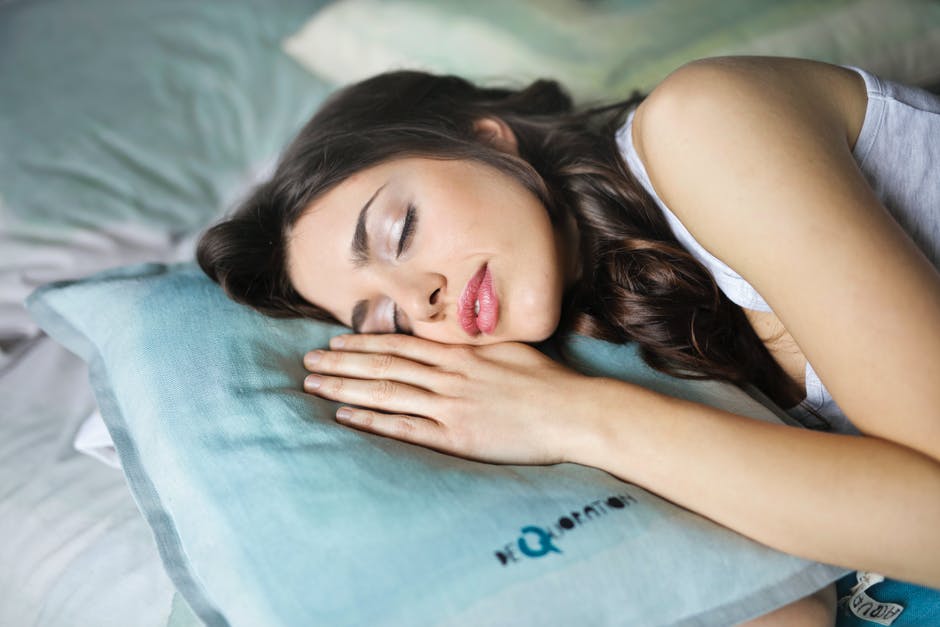If you are one of those people that gets leg cramps, you might have thought that the answer to your daily problem lay in the little blue pill, but you would be wrong. There have been many studies that show that different foods can help you get rid of your cramps. There are so many known remedies for treating leg cramps. So, we’ve put together a list of remedies that work against it.
Stretching
Stretching is a popular part of the exercise, but there are some myths about it. For example, some people think that stretching the legs is a way to avoid cramps, but it is not true. In fact, stretching the muscles may make your legs hurt and lead to cramps. Stretching is useful to improve flexibility and health, but it is not a way to avoid or cure cramps.
Heat
Cramps plague many people throughout the day, especially in the summer months. They may be sharp or throbbing, but they are never a pleasant experience. Many people have questions about what really helps against leg cramps. Staying cool in the summer can be tricky, especially if you are on a warm day and want to do some physical activity. That's because heat exhaustion is a main cause of leg cramps. Heat cramps are muscle spasms that develop when the body is exposed to excessive heat, whether it's because of exercise or sunlight.
Magnesium
Magnesium is one of the most important minerals for our body. Only about 10% of our magnesium stores are in our bones, and the rest of our body's magnesium is found in our muscles, blood, brain, and other tissues. About half of the magnesium in our bodies is found in our bones, and magnesium is also found in foods such as spinach, nuts, beans, and whole grains.
Hydration
Leg cramps can suck -- but you don't have to. Roll out of bed, hop on the elliptical, and stay hydrated to maintain your strength and avoid muscle fatigue. Aim for 8-12 oz. of water every hour, and keep your body hydrated by drinking fluids throughout the day.
Take a walk
You know the feeling. A static leg. It’s like someone has wrapped a barbed wire club around your knee. It’s very uncomfortable. You can’t move your leg. You can’t even move the other one, which feels like it’s stuck in place because of the strain on the first. The pain is intense, and there’s no way to relieve it. The worst part is, you have no idea when it’s going to strike next.
When your muscles are tired, they cramp. This is a painful sensation caused by a sudden spasm of the muscles that temporarily stops the flow of blood to the muscles and nerves. Leg cramps are most common in the calves and quadriceps muscles and can happen at any time of day—even while you're asleep! Leg cramps are often caused by overtraining, too much sodium in the diet, or a sudden illness.
There's a lot of conflicting information on preventing and curing leg cramps, and it's almost impossible to know what really works. The consensus is that staying hydrated help, but when it comes to the specific advice, it's mostly trial and error. It's true that lots of other things can also make leg cramps worse, such as fever, stress, or lack of sleep, so it's important to make sure you're getting enough of these things too. Whether you're a runner or a couch potato, you know how annoying leg cramps can be. The pain starts somewhere at the base of your calf and travels up your leg, making it impossible to walk, run, or sit still. A cramp can go on for hours, and if you're like me, you'll do anything to stop it, even resorting to popping a pill to make the pain go away.
Leg cramps are an annoying affliction that many people suffer from, especially during workouts. It is caused by a spasm of the leg muscles, usually during the night or upon waking up. Most sufferers find that stretching and massaging the affected muscles work best for them.




















